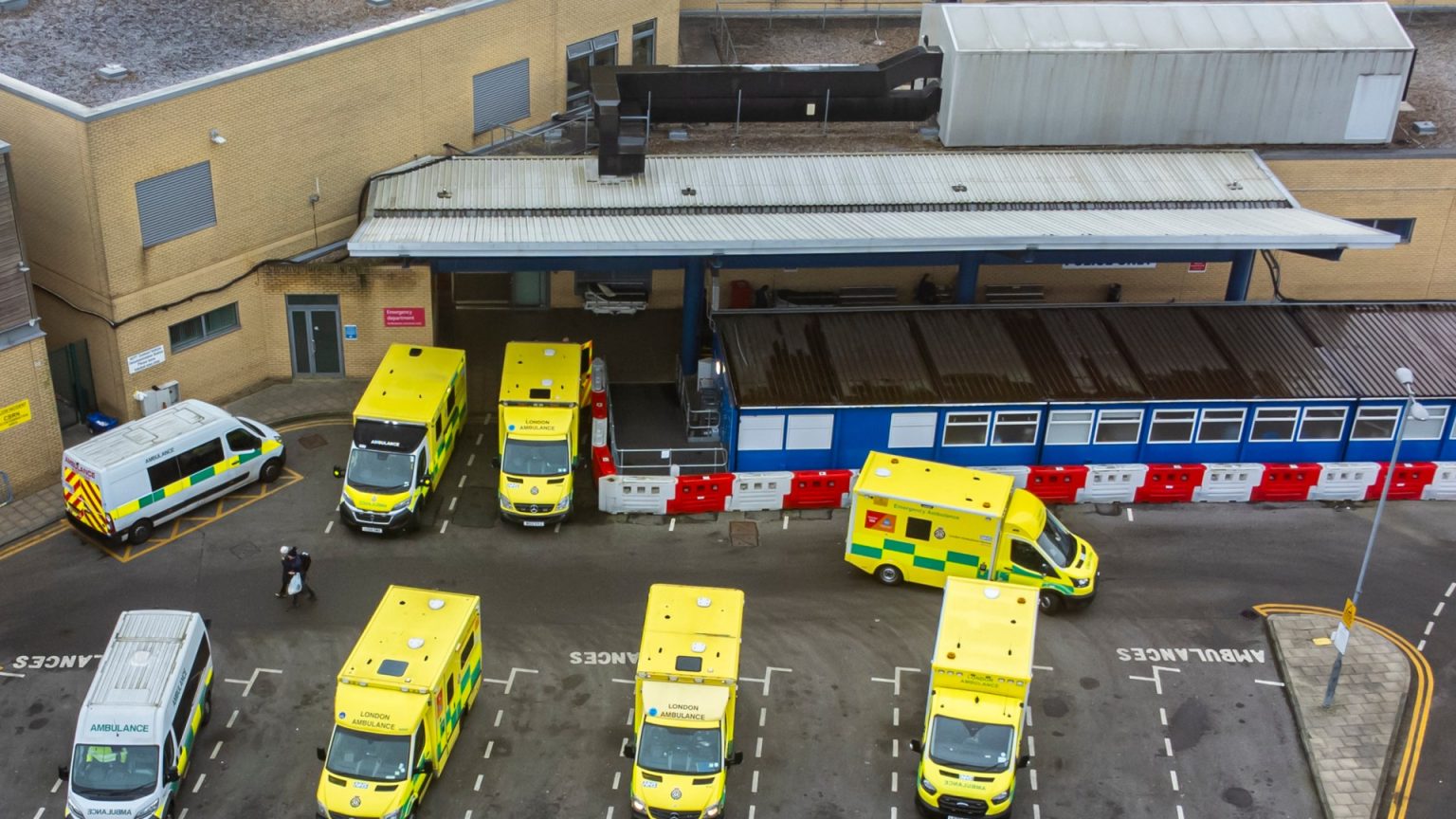The English healthcare system is grappling with a significant surge in flu cases, prompting warnings from health officials that the peak of the outbreak may still be some weeks away. Hospitals across the country are under immense pressure, with ambulance services strained and at least a dozen hospitals declaring critical incidents due to overwhelming demand. In an effort to mitigate the spread of the virus and manage overcrowding, some hospitals have requested patients to attend A&E unaccompanied unless absolutely necessary. This measure aims to maximize limited space within emergency departments, which are currently experiencing severe congestion. Professor Julian Redhead, NHS England’s director of emergency care, cautioned that it remains premature to definitively declare that the peak of the flu season has passed, expressing hope that it will occur within the next one to two weeks. He emphasized the current strain on resources, noting that hospital wards are at capacity.
The surge in flu cases is placing unprecedented strain on the entire healthcare system, with ambulance services struggling to keep pace with the increased demand for emergency transportation. Hospitals are implementing various measures to cope with the influx of patients, including restricting visitors and urging individuals to seek alternative care options when possible. Dr. Ed Smith, from York and Scarborough Teaching Hospitals, highlighted the severity of the situation, noting that emergency departments are often so overcrowded that there is limited seating available. He explained that by attending A&E alone, patients can help free up much-needed space for others requiring urgent medical attention. Derriford Hospital in Plymouth echoed this sentiment, issuing a similar plea to patients to attend A&E unaccompanied unless essential.
Data reveals the stark reality of the current flu outbreak, with approximately 5,000 people hospitalized with the virus at the end of 2024, and projections suggesting a further increase in these numbers. The situation has reached a point where even accessing timely medical care has become a challenge. GP Annie Farrell voiced concerns about the prolonged waiting times patients are facing, stating that sending someone to the hospital could potentially mean enduring a 24-hour wait in a crowded waiting room. This underscores the significant strain on resources and the urgent need for effective strategies to manage the ongoing crisis.
Adding to the existing challenges, anxieties have emerged surrounding the potential for a resurgence of COVID-19, fueled by reports of overcrowded hospitals in China and a surge in cases of human metapneumovirus (hMPV), a lesser-known respiratory virus. While these concerns are understandable, the World Health Organization has reassured the public that hMPV cases remain within normal levels. To address public concerns and provide clarity regarding hMPV, a question-and-answer section has been compiled, offering basic information about the virus, its prevalence, and potential risks.
hMPV typically presents with symptoms similar to a common cold, including tiredness, cough, runny nose, and body aches. In most cases, the virus runs its course within a week with rest and supportive care. Individuals with compromised immune systems may require medical intervention, but for the general population, hMPV is typically not a cause for serious concern. The virus has been circulating for decades, and it is estimated that around 5% of individuals tested for respiratory infections have hMPV, compared to 30% for influenza. While hMPV is present in the UK, most people have likely been exposed to it at some point and developed some level of immunity. There is currently no evidence to suggest that hMPV is mutating into a more dangerous strain.
The confluence of a severe flu outbreak, ongoing concerns about COVID-19, and the emergence of hMPV in the news cycle has created a complex and challenging landscape for healthcare systems. The focus remains on managing the immediate crisis presented by the flu surge, while also addressing public concerns and providing accurate information about other respiratory viruses. The healthcare system is under immense pressure, and effective strategies are crucial to navigate this difficult period and ensure the provision of timely and appropriate medical care to all those in need. The situation highlights the importance of public health measures, such as vaccination and hygiene practices, in mitigating the spread of respiratory illnesses and protecting vulnerable populations.


